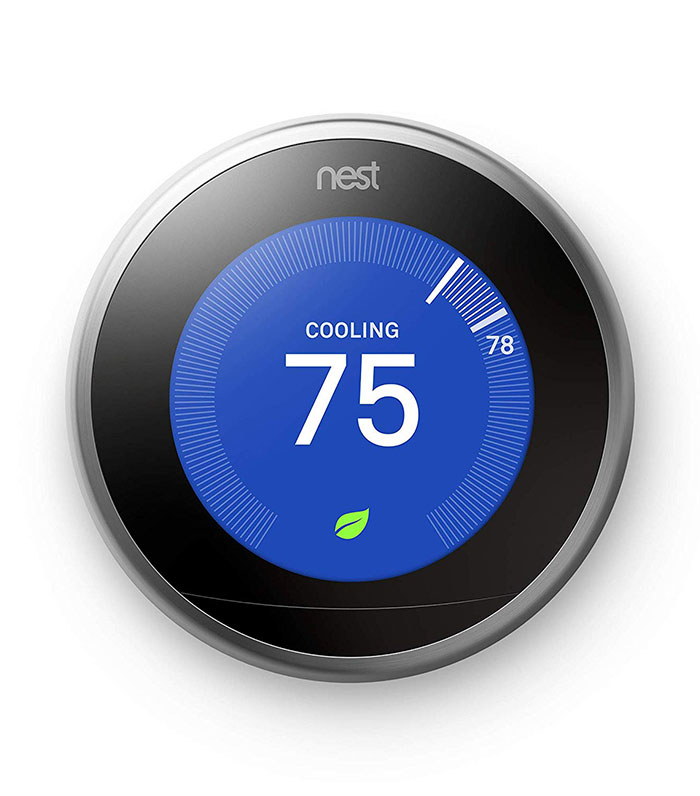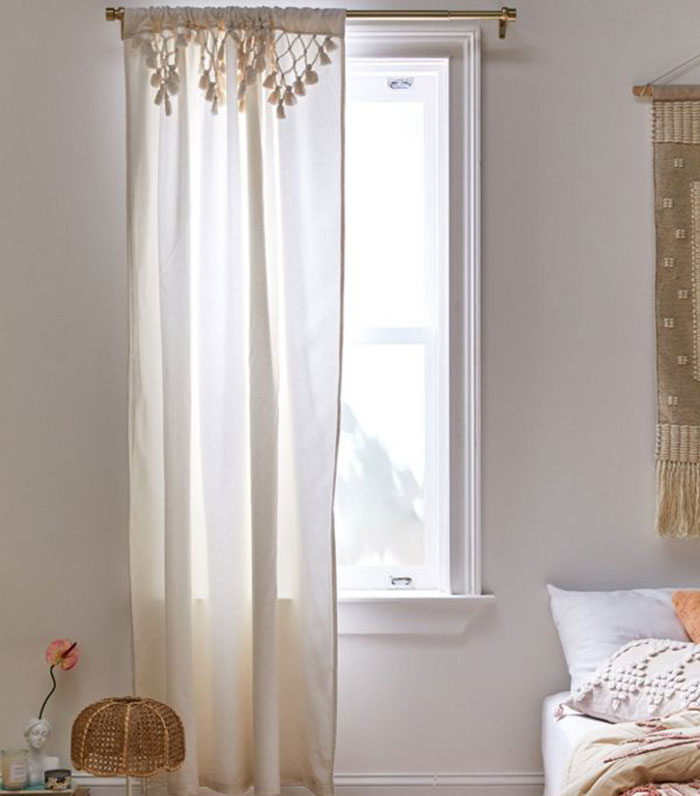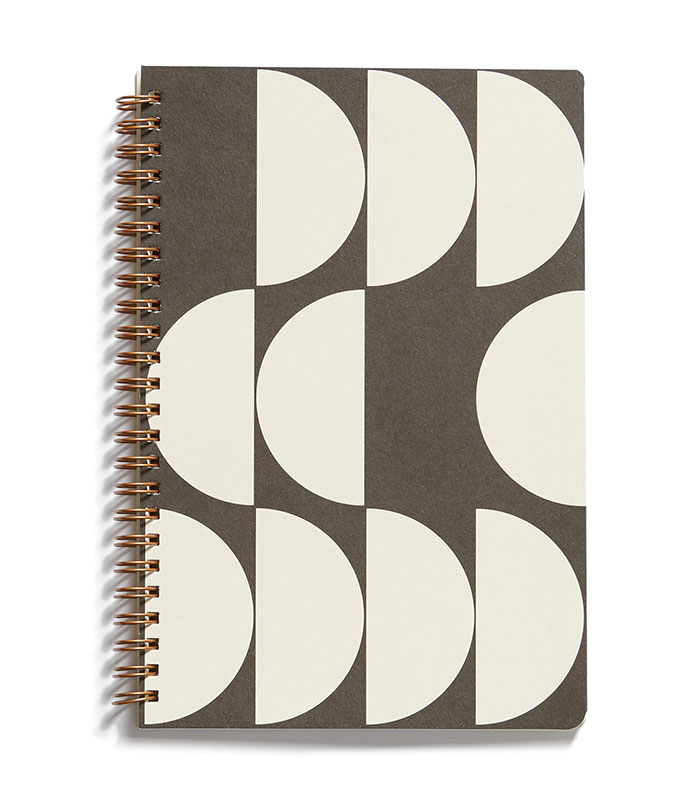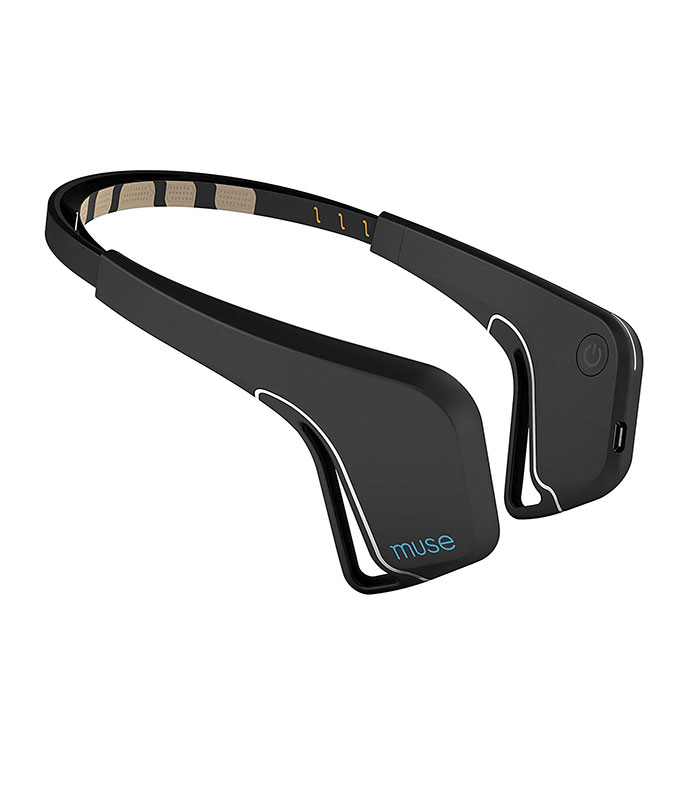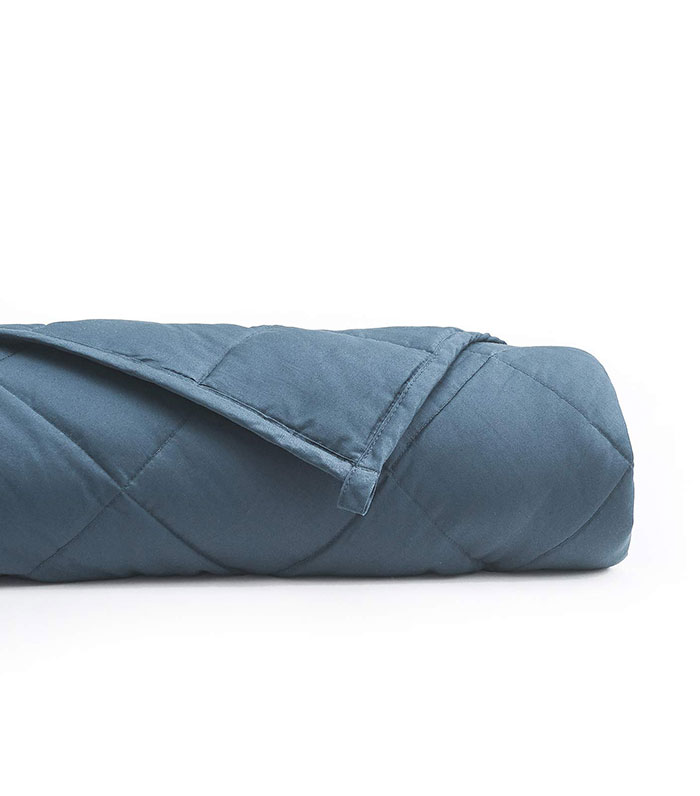How I Learned to Fall Back Asleep in Less Than 5 Minutes
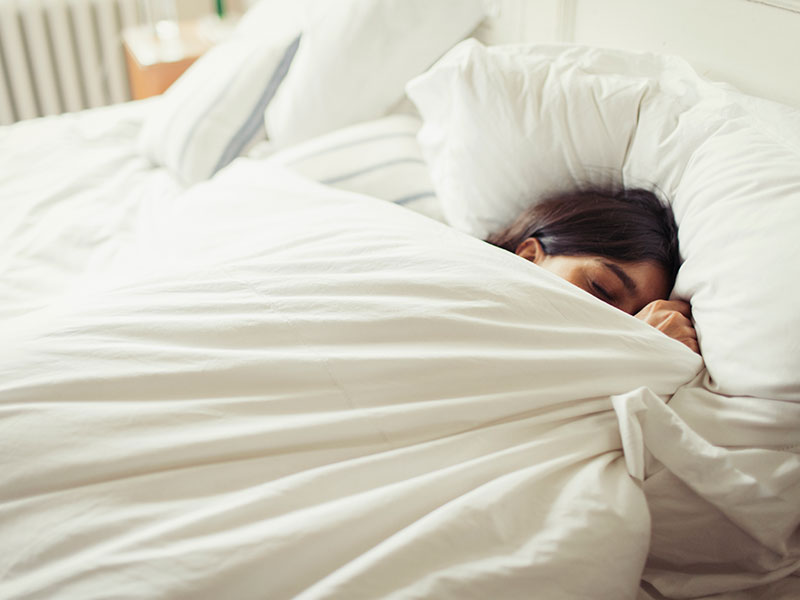
Have you ever woken up in the middle of the night, only to find that your brain has decided to do a highlight reel of all your worries, to-dos, embarrassing moments, deepest fears… I mean, I could go on and on (and the check the memes about this very topic). Seriously, why does our mind decide to confront existential crises in the middle of the night when we're just trying to get enough sleep for that big meeting, presentation, test, or just a long day ahead?
If you've ever encountered this annoying sleeping phenomenon, then you know how hard it is to go back to sleep. You start looking at your phone or clock, realizing you only have a few more hours before you have to wake up. What seems like hours goes by and you still can't sleep. Then, before you know it, the sun makes its appearance and then you start to dread the day because you know you're going to be so tired.
This has happened to me too many times to count, and I've never found a good way to deal with it. So, I asked two sleep experts for their best tips and tricks to fall back to sleep with ease (or something like that).
1. Don't Clock-Watch
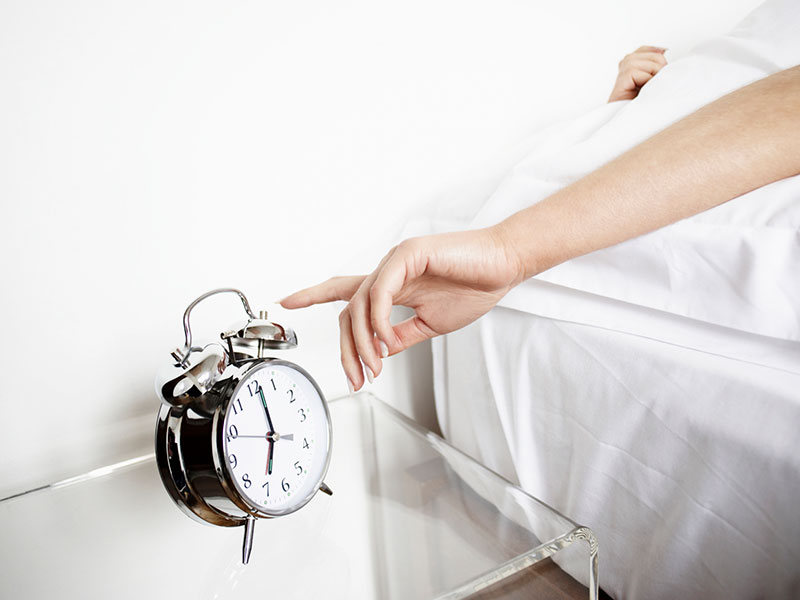
Stop looking at the clock every time you wake up in the middle of the night because you might continue waking up at that time. "I think no matter what website you go to, the standard number one advice is don't clock-watch, and I have to agree," says Rajkumar Dasgupta, MD, assistant professor of clinical medicine at USC's Keck School of Medicine. "Many of us wake up in the morning with a traditional alarm clock or phone, and quite often, we usually end up waking up around 10 or 15 minutes before our wake time, and everyone is like how is that possible? Because we clock-watch, and you become adjusted to that time. When I hear complaints, like, 'Hey Dr. Raj, I'm waking up at 3:15, my first question is how do know it's 3:15?' And it's because they clock-watch. All of a sudden you become trained to that."
2. Stay Away from Technology
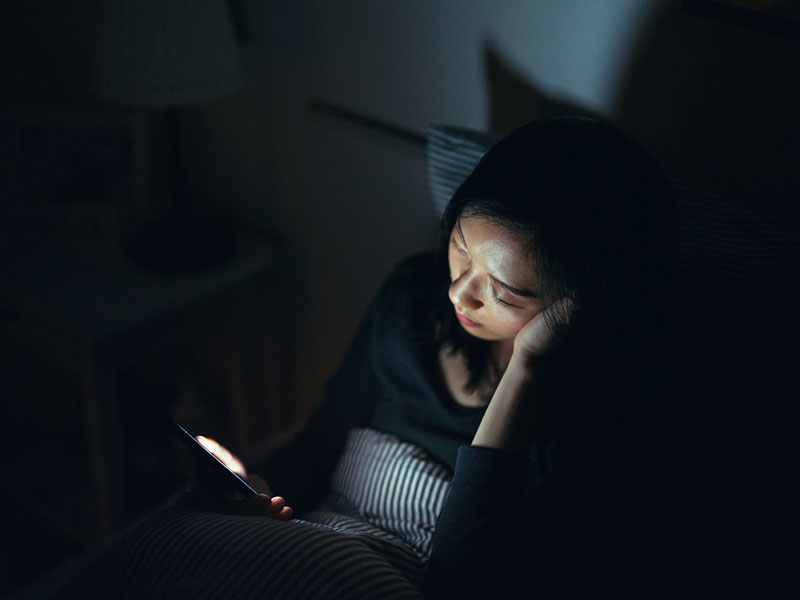
When you wake up, resist the urge to check Instagram or your emails, it will only stop you from going back to sleep. "Technology is a double-edged sword; keep it away," Dasgupta says. "You know that most of us have this Pavlovian reflex to have our phone at arm's distance, because it's not just the clock, it's who's on Instagram, who's sending me that Facebook post or like. Basically you have to do some things that are not stimulating."
Not only will going into an Instagram black hole keep you from getting z's, the light will ruin your melatonin buzz, too. "I assume you're in bed in a dark room and you're using your phone, iPad, or Kindle, whatever it is. There's something called blue light, a regular wavelength of light, and it actually prevents the release of melatonin the most," Dasgupta warns. "And trust me, at nighttime you want the melatonin to be released to help you sleep. There's some science behind it, that's why nowadays, they're always talking about blue light shade on your phone, on your glasses. The most important thing is you don't want to be mentally aroused, and that's what technology is going to do for you."
3. Try Some Breathing Exercises
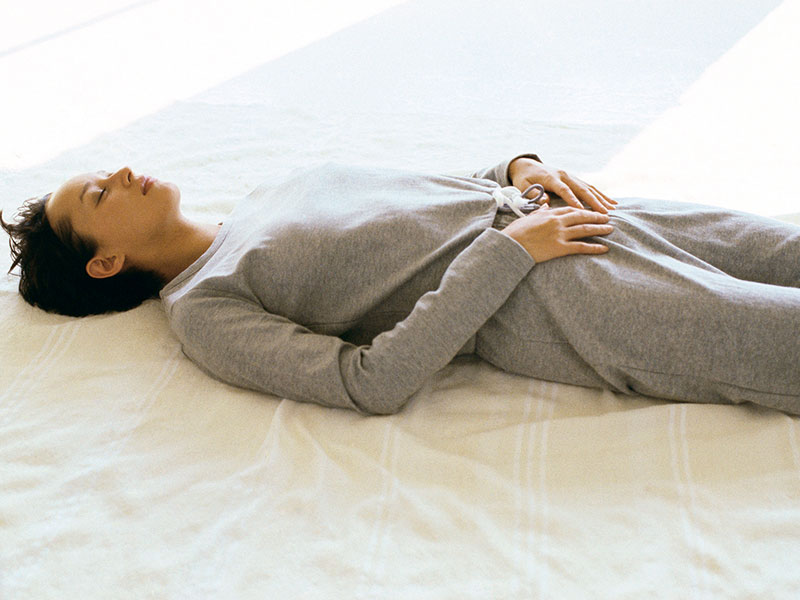
Instead of checking your phone, check in with your body and figure out how you can get more comfortable and relaxed. "That's easier said than done. You want to be relaxed mentally as well as physically, and one of the things that people have done is diaphragmatic breathing [deep breathing], which is in through the nose out through the mouth. I think it's great," Dasgupta recommends. "People have these muscle relaxation techniques—the way they squeeze their arms, their hands—I love that idea. [And try] meditation—it works for some people. It's not that easy to meditate, but if you can do it, that's wonderful."
4. Know It's a Mind Game

It's pretty much all in your head, and sometimes realizing that and coming to terms with it can help you. "You have to trust that you will fall back asleep; the sleep always comes," says Rafael Pelayo, MD, clinical professor of psychiatry and behavioral sciences at the Stanford Center for Sleep Sciences and Medicine. "You can't stop your brain from sleeping eventually. But the more you think that something is wrong, the more likely you'll stay awake, so you have to stop this fear and concern. Just let yourself know Hey, sleep is going to come."
Pelayo says you can confront your thoughts or worries, but try to tell yourself that those things will be better dealt with in the morning. This might be easier said than done, but give it a try—positive thinking can go a long way.
5. Get Up
"The bed is only meant for one thing, and what is that? Sleeping. So if you can't fall asleep within a rough estimate of 15 to 20 minutes (don't clock-watch), leave the bed and do things that are non-stimulating in dim light," Dasgupta recommends. Maybe walk around your home a bit, do a very low-lift chore (not organizing your books, but maybe putting some clothes away), pack your bag for work, anything that will require little energy and brainpower.
6. Set the Thermostat
When you get up to walk around, you might want to check the thermostat. Or invest in some things that will keep your bedroom cool. "Cooler temperatures will help you. There are a lot of different gadgets and mattresses that are designed to cool the bedroom down," Pelayo says.
7. Don't Be Afraid of the Dark
Along with the temperature of the room, the amount of light in your room can affect your ability to sleep, too. "You want to keep it on the darker side, so if there's light shining from the other room or you live next door to a huge building with a neon sign, that's kind of tough. You want to keep it quiet, dark, and cool," Dasgupta says. If your room isn't naturally dark, invest in some blackout curtains, or close the door to prevent light from other rooms streaming in.
8. Keep a Sleep Journal
Dasgupta says some people use biofeedback therapy to help them sleep—these devices (like the Muse headband) monitor bodily functions like breathing and heart rate, which could help inform how you can get better sleep. But, for a more simple approach, he recommends starting a sleep journal.
"I'm actually a big fan of this—do a sleep diary or sleep log. Don't do it at night; when you wake up that's enough time to write in your diary," he says. "The reason why you want to do it is to look for things that may have triggered you. Was it something you ate before going to bed? Did you not exercise the day before?"
9. Buy a Weighted Blanket
Yes, those trendy weighted blankets might help you get some shut-eye. "If you're looking for something different, I can't say there's a lot of evidence-based medicine behind this, but some people love the weighted blanket," Dasgupta says. "So if you wake up at night, maybe grab the weighted blanket and put it over you. The weighted blanket will help out those who have a little anxiety or depression, or those who love the snuggly effect."
10. Go See a Doctor

If this is happening to you a lot, you might want to see a doctor. "If you wake up more than two or three times a night for more than three months, that's the definition of chronic insomnia," says Pelayo. Visiting a doctor will help you treat insomnia.
Constant waking in the middle of the night can also be a sign of something else, Dasgupta says. "If this becomes repetitive, talk to your doctor. The big thing is maybe you're waking up in the middle of the night because you have undiagnosed sleep apnea, maybe you have narcolepsy, maybe you have a lot of heartburn, maybe your underlying heart failure is causing you to wake up at night. It might be medications or depression—there are so many things that can be recurring. Play it safe and go to your doctor."
Bonus Tip: Buy a Hammock
It might not be the most practical, but Dasgupta said it was a fun and interesting mention. And there's some science behind the benefits of a hammock, too, thanks to a recent study that said rocking in a hammock can improve sleep and memory. "It was a very small study, it was about 18 individuals, younger in age. Obviously the thing is you don't really have hammocks in your bedroom, but I love the bottom line point, which was when you're sleeping there's something called your vestibular reflex—vestibular means in your ear, it's the balance, the motion. The ear is not only meant for listening, so if you're doing this rocking sensation, such as when you were in the womb, they found that these individuals slept better and longer. And if you're sleeping better, of course your memory gets better."
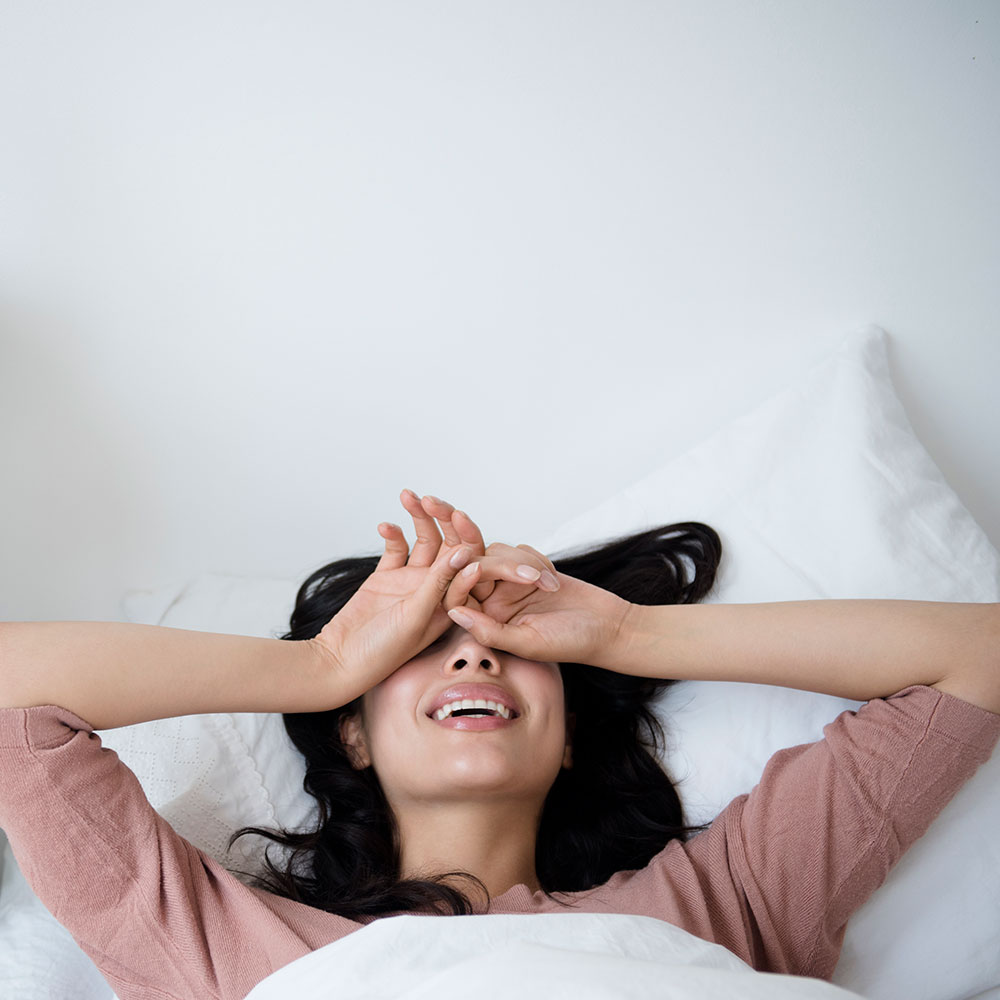
After learning about all of these ideas from Dasgupta and Pelayo, I tried out some of these tips when I woke up in the middle of the night a few weeks ago, stressing about some stuff at work. I practiced deep breathing and turned on the fan in my room, and I'm pretty sure I fell back asleep within at least five minutes. (I can't be sure because I wasn't clock-watching!)
Next up: The One-Minute Trick That Makes Getting Up in the Morning Easier
Disclaimer
This article is provided for informational purposes only and is not intended to be used in the place of advice of your physician or other medical professionals. You should always consult with your doctor or healthcare provider first with any health-related questions.
Sarah is lifestyle writer and editor with over 10 years of experience covering health and wellness, interior design, food, beauty, and tech. Born and raised in Los Angeles, she attended New York University and lived in New York for 12 years before returning to L.A. in 2019. In addition to her work at Who What Wear, she held editor roles at Apartment Therapy, Real Simple, House Beautiful, Elle Decor, and The Bump (sister site of The Knot). She has a passion for health and wellness, but she especially loves writing about mental health. Her self-care routine consists of five things: a good workout, “me” time on the regular, an intriguing book/podcast/playlist to unwind after a long day, naps, and decorating her home.
